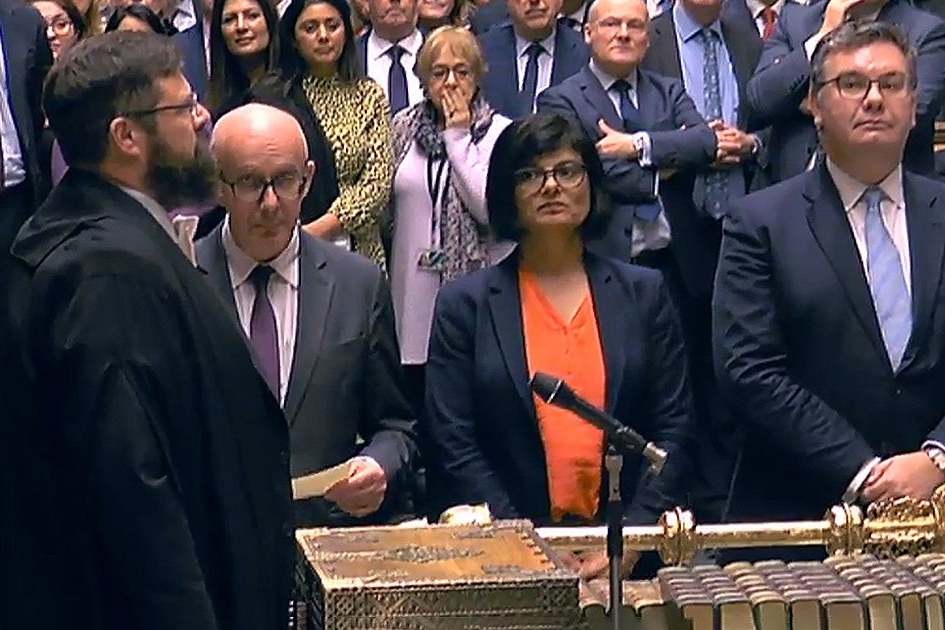The nightmare of counting MPs before big votes in the Commons
I understand people who find it frustrating that journalists can seem obsessed with numbers rather than substance – but winning votes is the bottom line of politics

“Keep doing the numbers; they’re very useful,” a Labour MP said to me as we passed in the gothic cloister off New Palace Yard. I was torn between pride and alarm – alarm because it seemed MPs might now be using my Twitter account as a reliable source of information about how their fellow members are intending to vote.
Predicting close votes in the House of Commons is a nightmare. I understand people who find it frustrating that journalists are obsessed with who will win, rather than with the substance of who ought to win and why. But winning votes is the bottom line of politics. You can be as right as you like, but unless you win the votes, it doesn’t matter.
So that is why I post updates on Twitter trying to add up the numbers before big votes. But the scope for getting things wrong is great, because any vote in the Commons is complicated, with 650 movable parts.
I start any calculation by deducting MPs who do not take part in votes: the seven Sinn Fein MPs, who do not take their seats (although they do use the facilities of the Palace of Westminster), and the speaker and his three deputies (one Conservative and two Labour, so that they cancel out, given that John Bercow was originally elected as a Conservative).
Then in most votes, you have to deduct two tellers on each side. These are the MPs who count the votes and announce the result in the chamber: they don’t vote themselves but they obviously support their side. So that means you include them if you are talking about how many MPs support something, such as the Brexit deal, but you exclude them when calculating the numbers that will be read out in the house.
The next trap is non-voters. MPs tend not to abstain in big Brexit votes. The last time Theresa May asked for a vote on her deal there were only four non-voters, and you can never be sure if they are deliberate abstentions or something else. In an earlier vote, Douglas Ross, the Scottish Tory MP, didn’t vote because his wife was giving birth.
But non-voters move the winning line for any vote. On a full turnout, at the moment the number needed for a majority is 320, or 318 excluding the tellers. But if one MP doesn’t vote, a 317-317 tie is possible. Then you have to know what the conventions are for the speaker using his casting vote (usually for the status quo or to keep options open).
Much excitement today, therefore, when Jared O’Mara, the former Labour MP for Sheffield Hallam – who hardly ever votes – was spotted getting on a train to London.
Then another pitfall is what happened on Friday, which is that, no sooner had I tallied the numbers on Boris Johnson’s Brexit deal and concluded there were only one or two votes in it, along came an amendment to the motion to postpone the big vote, meaning I’d have to recalculate everything. So that is what I shall do.
Yours,
John Rentoul
Chief political commentator
Join our commenting forum
Join thought-provoking conversations, follow other Independent readers and see their replies
Comments
Bookmark popover
Removed from bookmarks